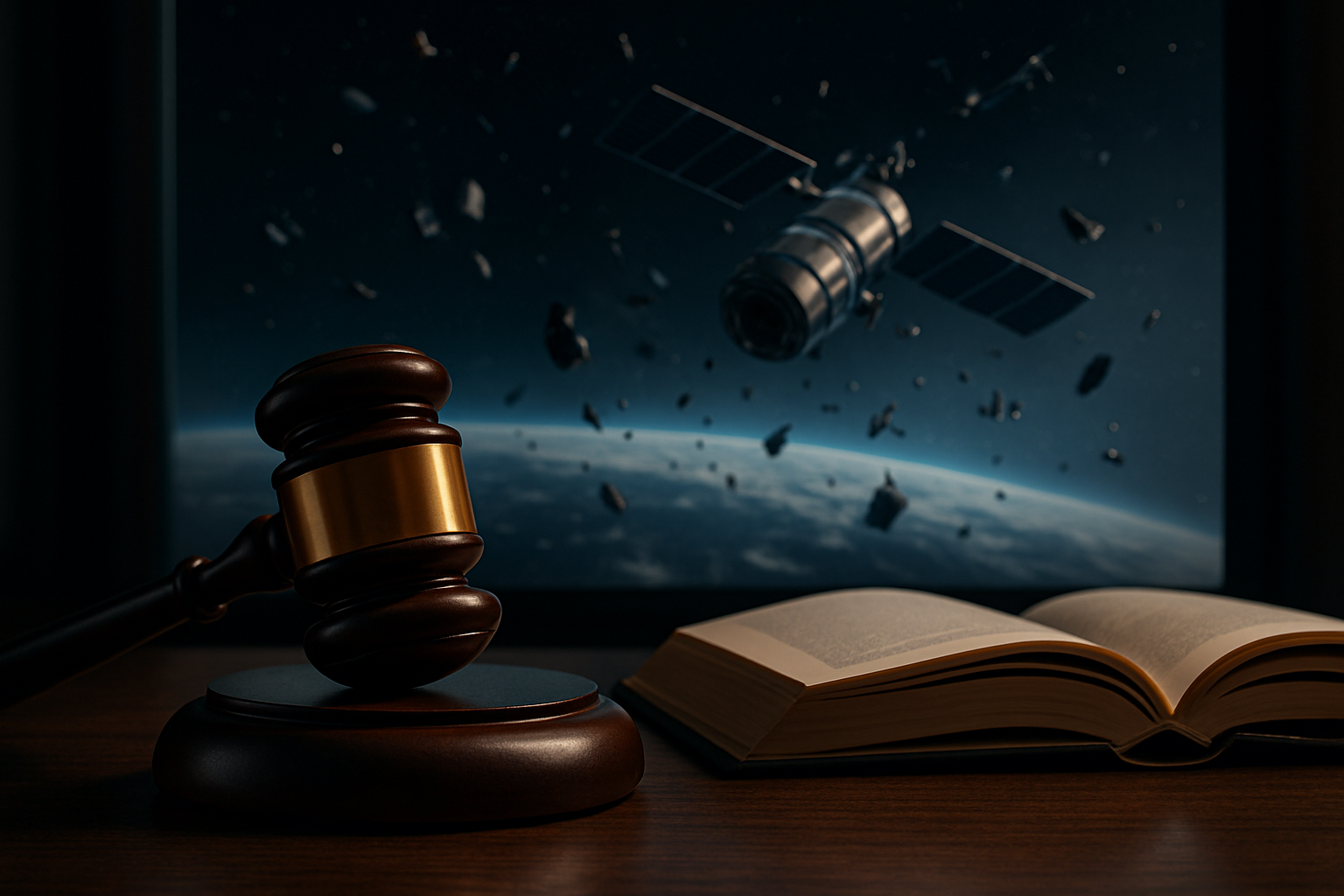The Legal Labyrinth of Space Mining
The dawn of commercial space exploration has ushered in a new era of legal challenges and opportunities. As private companies set their sights on extracting valuable resources from celestial bodies, the international community grapples with complex questions of property rights, environmental protection, and equitable resource distribution beyond Earth's atmosphere.

The Outer Space Treaty: A Foundation in Flux
The 1967 Outer Space Treaty, ratified by over 100 countries, serves as the cornerstone of international space law. It declares that space and celestial bodies are the province of all mankind and cannot be subject to national appropriation. However, the treaty’s language is ambiguous when it comes to private entities and resource extraction, leading to varied interpretations and potential conflicts.
National Legislation: A Race to Regulate
In response to the legal uncertainty, some nations have taken matters into their own hands. The United States passed the Space Act of 2015, granting its citizens the right to own and sell space resources. Luxembourg followed suit with similar legislation in 2017, positioning itself as a European hub for space mining companies. These unilateral actions have sparked debate about their compatibility with international law and the potential for a new space race.
The Principle of Non-Appropriation: A Legal Conundrum
One of the most contentious issues in space mining law is the principle of non-appropriation. While the Outer Space Treaty prohibits national appropriation of celestial bodies, it does not explicitly address private ownership of extracted resources. This has led to a legal grey area, with some arguing that resource extraction is permissible, while others contend it violates the spirit of the treaty.
Environmental Concerns: Protecting the Cosmos
As the possibility of large-scale space mining looms, environmental protection has emerged as a critical concern. Currently, there are no comprehensive regulations governing the environmental impact of space mining activities. The potential for contamination, debris creation, and irreversible damage to celestial bodies raises questions about the need for international environmental safeguards in space.
Equity and Benefit-Sharing: A Global Perspective
The concept of space as the common heritage of mankind implies that its benefits should be shared by all nations. However, the reality is that only a handful of countries and private entities currently possess the technological and financial capabilities for space mining. This disparity has led to calls for the establishment of an international regime to ensure equitable distribution of space resources and prevent a new form of colonialism beyond Earth.
The Role of International Organizations
The United Nations Committee on the Peaceful Uses of Outer Space (COPUOS) has been at the forefront of discussions on space mining regulations. However, progress has been slow due to conflicting national interests and the complex nature of the issues involved. Some experts advocate for the creation of a new international body specifically tasked with overseeing space resource exploitation.
Dispute Resolution in the Cosmos
As commercial space activities increase, so does the likelihood of disputes. The current lack of a clear legal framework for resolving conflicts in space presents a significant challenge. Proposals range from expanding the jurisdiction of the International Court of Justice to creating a specialized space arbitration tribunal.
The Path Forward: Balancing Innovation and Regulation
The legal challenges surrounding space mining underscore the need for a comprehensive and flexible international legal framework. Such a framework must balance the interests of spacefaring nations and companies with those of the broader international community. It should encourage innovation and investment while ensuring responsible resource management and equitable benefit-sharing.
As humanity extends its reach into the cosmos, the development of space mining law will play a crucial role in shaping the future of space exploration and exploitation. The decisions made in the coming years will have far-reaching implications, not only for the space industry but for the very concept of humanity’s relationship with the universe. The legal community faces the monumental task of crafting laws that can keep pace with rapid technological advancements while upholding principles of sustainability, equity, and peaceful cooperation in the final frontier.






